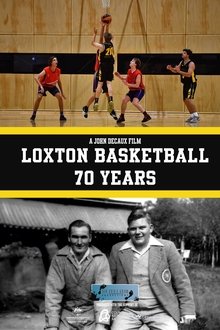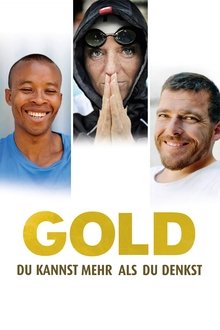An original documentary about how Kevin Durant became one of the most hated players in the NBA...in just one summer.
Related Movies
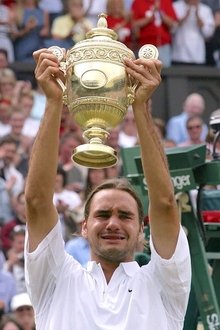
Roger Federer - 20 ans de Grass (2019)
A look back at the great love story between Roger Federer and Wimbledon, eight times winner in London and who will be present for the 20th year in a row on English grass.
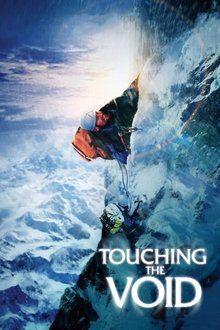
Touching the Void (2003)
The true story of Joe Simpson and Simon Yates' disastrous and nearly-fatal mountain climb of 6,344m Siula Grande in the Cordillera Huayhuash in the Peruvian Andes in 1985.
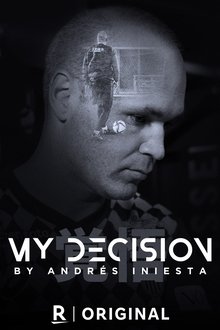
My Decision, by Andrés Iniesta (2022)
A revealing documentary following the legendary midfielder, Andrés Iniesta, as he faces a crucial decision after a career-threatening injury. “Very few people know what happened when I got injured. Few know that I had to make a momentous decision. Was it worth it to keep playing or was it time to call it quits?” The revealing documentary follows the legendary midfielder, Andrés Iniesta, as he faces a crucial decision after a career-threatening injury.
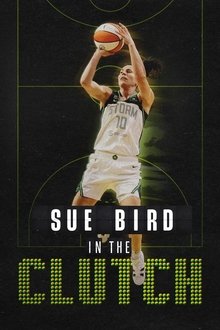
Sue Bird: In the Clutch (2024)
In her 21-year professional career, WNBA basketball legend Sue Bird has won five Olympic gold medals and become the most successful point guard to ever play the game. Alongside her fiancée, U.S. soccer star Megan Rapinoe, Sue confronts her next challenge: retiring from the only life she’s ever known.
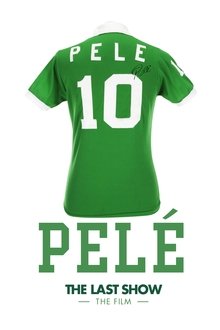
Pelé the Last Show: The Film (2018)
On August 28, 1977, the "King of Soccer" left his throne vacant. Pelé officially quit his job: mesmerising the world. His last soccer jersey, "that" soccer jersey, became the shroud of the history of soccer. This is a journey through his last match, a long farewell reported by those who were there and left a mark not only on Pelé but also on an era.
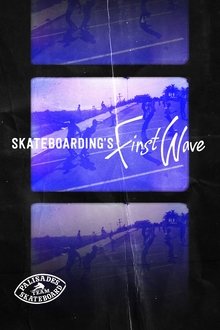
Skateboarding's First Wave (2015)
Explore the origins of skateboarding culture through the lens of the 1965 Palisades Skateboard Team, who reinvented a childhood hobby into a sport, bringing it to the vanguard of popular culture. Features interviews with the team members reflecting on how the sport has changed, 50 years later.

Vana: The Biggest Race Is the Life Itself (2012)
A documentary portrait of a legendary Czech jockey, Josef Vána, reveals his inner world of thoughts. His unique way of life can't be described in words, and this is a first, really original view into his daily life around horses, terrifying accidents, and also stories about his family.
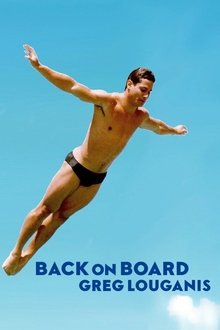
Back on Board: Greg Louganis (2014)
Feature-length documentary about the greatest diver of all time. Four-time Olympic champion Greg Louganis has faced more than his share of challenges. In 2011, he is far from the public eye and struggling to pay his mortgage. Now, the openly gay, HIV+ world-class athlete returns to diving to mentor the USA Olympic hopefuls. This may be his best chance to regain the notoriety -- and financial stability -- he enjoyed at the height of his career.
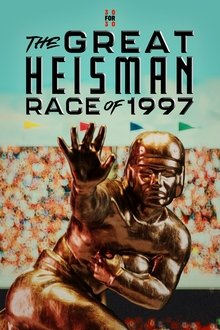
The Great Heisman Race of 1997 (2023)
An immersive, time-capsule style film chronicling the controversial Heisman race that unfolded at the center of an unforgettable season.
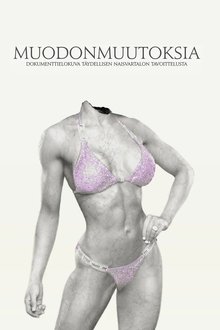
Metamorphoses (2017)
The documentary centers around four young, ambitious women living a highly disciplined and structured life to achieve the desired Bikini Fitness competition body. For these women their body is a subject of constant observation and reflection. It is to be controlled, changed, modified and constructed. And finally, the gaze of an external observer - that of a coach and a judge - will determine when that well-crafted figure is complete and whose is the best.
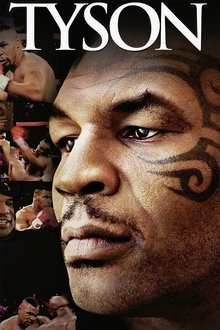
Tyson (2008)
Director James Toback takes an unflinching, uncompromising look at the life of Mike Tyson--almost solely from the perspective of the man himself. TYSON alternates between the controversial boxer addressing the camera and shots of the champion's fights to create an arresting picture of the man.
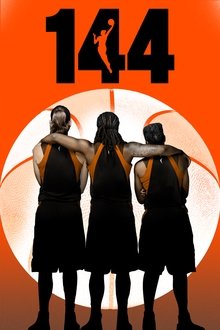
144 (2021)
In the wake of the COVID-19 pandemic, the 2020 WNBA season pivoted into a bubble site in Bradenton, Florida – where 144 players across 12 teams convened to face the rigors of an unrelenting schedule and finish their battle for a championship; all while just as dedicated to amplify social activism in response to the injustices that gripped that same summer. A documentary from ESPN Films.
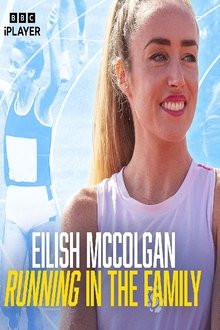
Eilish McColgan: Running in the Family (2023)
Eilish McColgan is running in the footsteps of her mother, Liz. This documentary shares their extraordinary journeys as Eilish tries to break her mum's final record - the marathon.

The Ladies With Style (2023)
The multi-generational story of women’s football in South Africa through the ambitious Mamelodi Sundowns FC. The film follows the team as they battle it out at the inaugural CAF Women’s Champions League in Cairo.
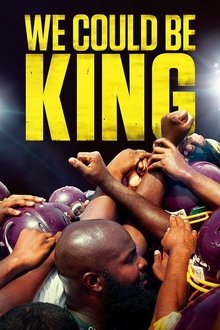
We Could Be King (2014)
Germantown and Martin Luther King High Schools were bitter rivals for over 40 years. This past year, a budget crisis caused Philadelphia to lay off over 4000 employees and close 37 schools, including Germantown High. Now Germantown must merge with their former rival, King. Against overwhelming odds, a 27-year old first time head coach and a new principal fight to inspire young men from difficult circumstances to come together and lift each other toward a better future.
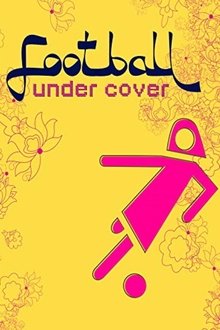
Football Under Cover (2008)
David Asmmann's Football Under Cover documents the hard work involved in setting up an exhibition soccer match, known as a "friendly," between a German girls squad and Iranian women's team. In addition to showing how the two groups come from very different cultures, the documentary showcases what playing the game means to the members of both teams, and displays how passionate the fans of these two squads are.
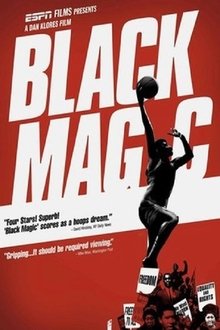
Black Magic (2008)
Examines Civil Rights-era America through the prism of basketball at historically black colleges and universities.
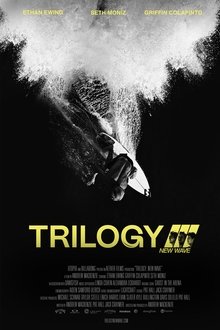
Trilogy: New Wave (2024)
Three elite surfers travel to eight remote destinations searching for pristine waves and an escape from the stress of competition as they balance their careers with a desire to rediscover the joy of surfing free from contest scores. From pastime to mainstream sport, the film charts a fresh take on surfing’s present.
